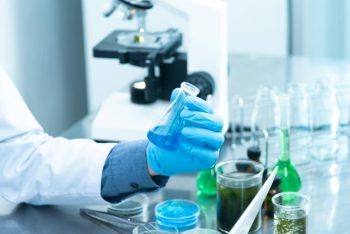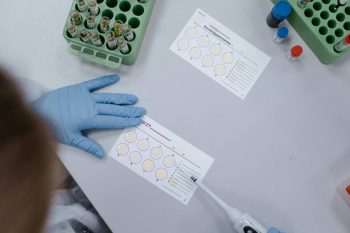The possibility of reinfection after having suffered the disease has been present since the beginning of the pandemic. Investigating protection against coronavirus reinfection is complex for a number of reasons discussed below.
First, the defensive response to coronavirus can vary between individuals, from those that produce many antibodies and defense cells, to others that do so in small amounts. It should be noted that it has been proven that the antibodies developed against coronavirus infection last at least 7 months (we have patients in whom, more than a year after infection, the antibodies remain detectable at very high levels).
Follow-up of the first infections
On the other hand, there are people who were infected in the first wave of the pandemic but who did not undergo PCR or antibody tests and therefore, they were not included in the disease databases. In addition, scientifically to verify that a person has undergone a reinfection, several PCRs and the sequencing of the viral genome detected the first time she/he became ill and that of the virus present in the second relapse must be performed to compare them with each other.
If they are different, it is shown that it is a reinfection and if they are the same, it would be a reactivation of the initial infection. In this sense, it must be taken into account that in some patients a coronavirus reservoir may persist in the intestine for months after healing.
Published studies on coronavirus reinfection
All these reasons make it very difficult to confirm cases of reinfection, but despite this, two studies have been published (in The Lancet and Clinical Infectious Diseases) on the possibility of reinfection after suffering from COVID-19. In one of the studies carried out in Denmark, they conclude that people who have had COVID-19 have 80.5% protection against reinfection. This percentage decreases to 47% in patients over 65 years of age. Research carried out in Qatar shows that the risk of reinfection by the SARS-CoV-2 coronavirus is very low (0.2%).
In summary, although more studies should be carried out, the currently available data indicates that the possibility of reinfection after having suffered from COVID-19 is low.




